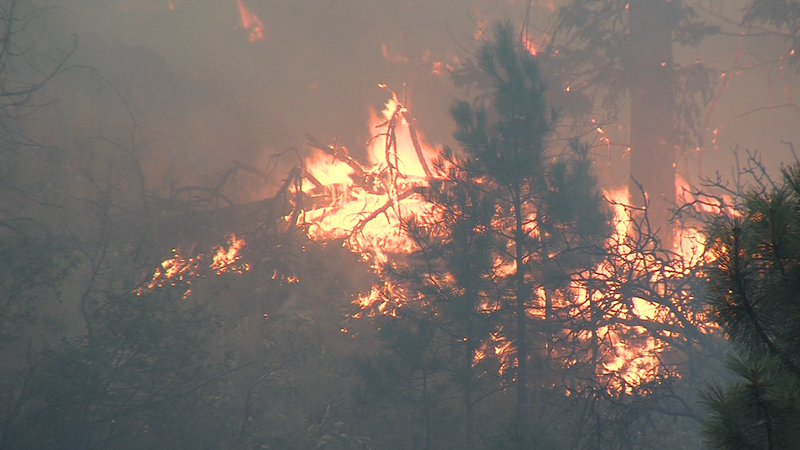
SOUND OFF: Planning for, preparing for, and preventing wildfires
WILDFIRES HAVE DEVASTATING IMPACTS on our communities and our ecosystems. Right now, there are more than 300 wildfires burning in the province and we have already seen more than 1.15 million hectares burned since April 1, 2023. With the current wildfire situation, everyone has a part to play in prevention and preparedness. Prevention starts with following fire bans that are in place for your region.
As of Monday, July 10, all open fires, including campfires for cooking, are banned throughout the province (with the exception of Haida Gwaii). Make sure to stay up-to-date with the current bans and restrictions in your region throughout the summer by visiting BCWildfire.ca. While it may mean changing your summer plans, respecting this fire ban is the best way to protect our beautiful B.C. wilderness.
Plus, contravening a fire ban resulting in causing wildfire could lead to a fine of up to $1 million and one year in prison.
Another step you can take is to protect your home and property from wildfires. Clear gutters, roofs, decks and balconies of debris like leaves that could catch fire. Keep grass and weeds cut to 10 cm or less, and prune trees to keep 2 metres between the ground and the lowest branches. Store propane tanks and firewood at least 10 metres away from your house.


